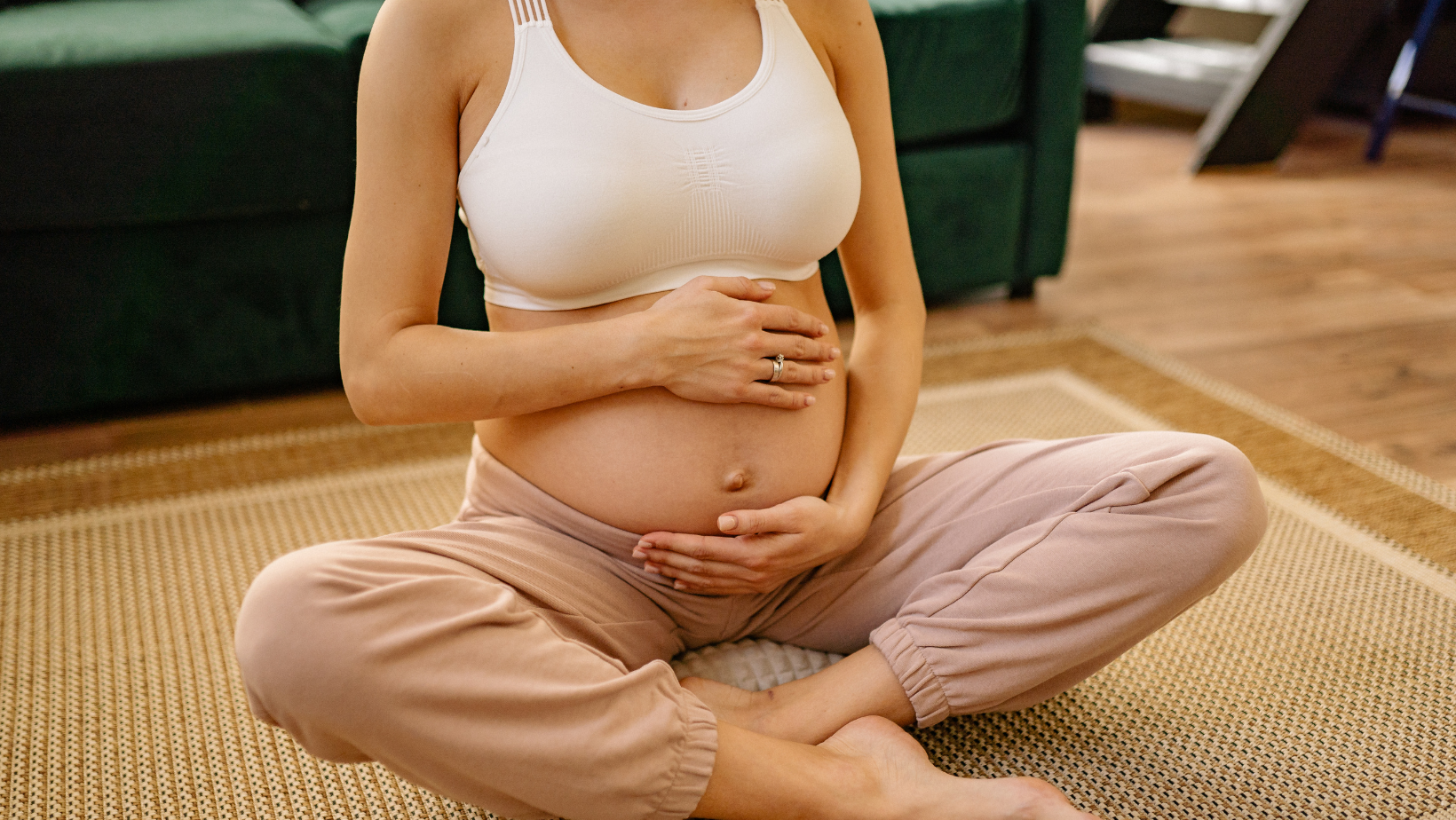To learn about the causes of a weakened pelvic floor, go to the previous part called The Main Causes of the Weakening of the Pelvic Floor.
How can you know if your pelvic floor is losing tone? Women will often see a specialist for observed symptoms.
Symptoms of a Weakened Pelvic Floor
- Without a doubt, urine loss is the most frequent symptom reported by women associated with the muscle weakening of their pelvic floor. Many don’t talk about this to their doctor. They keep their accidental urine loss (unable to hold it in) secret. This is called stress urinary inconsistency (SUI). Most of the time the urine loss is caused by pressure on the bladder when a woman sneezes, coughs, jumps, walks, laughs or dances.
- Prolapse is also a symptom that can indicate that the pelvic floor’s muscle structure is weakened. Prolapse is a condition where the vaginal mucosa slips down (you can see a bump in the vagina), or the uterus, bladder and/or rectum slip out of place. If you don’t do anything to firm up the pelvic floor’s support and control, these conditions can aggravate over time and require a procedure to solve the problem (surgery).
- Sexual sensations can also diminish if the pelvic floor weakens, and can be the cause of reduced feelings and satisfaction during sex.
To learn about ways to tone your pelvic floor, read How to Re-educate your Pelvic Floor.


